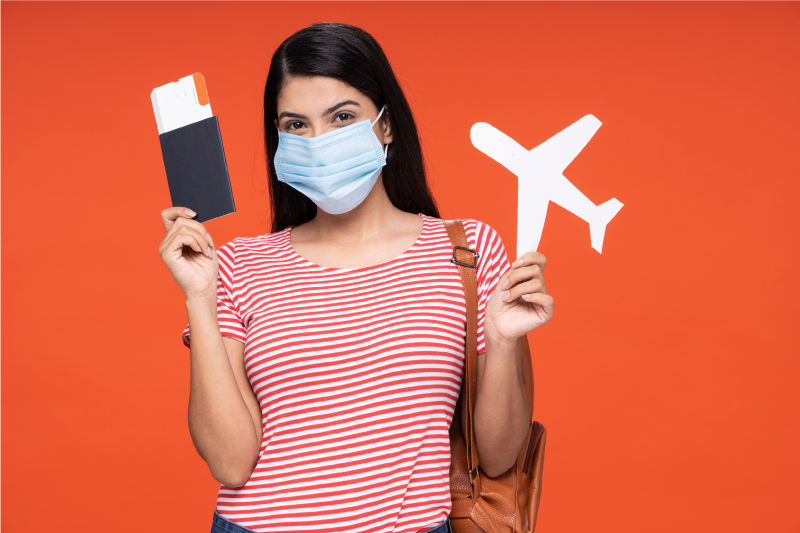As summer fades into fall, Canadians remain determined to reinstate their travel plans—but it appears travel insurers have a job to do in providing clear advice about how their products have adapted to accommodate coverage in the post-COVID era.
According to a new survey by the Conference Board of Canada, while 70 per cent of outbound travellers agree that the availability of COVID-specific insurance policies (for both cancellations and medical issues) increases their willingness to travel, 54 per cent have little or no understanding of how these products have actually changed due to the pandemic, and 47 per cent say they have no understanding of COVID-coverage details.
Says the CBoC, “This offers an opportunity for insurers to offer clear direction and advice to clients seeking assurance about the adequacy of their coverage vis-a-vis their specific health concerns as well as the requirements of the countries that are now demanding proof of insurance from visitors in addition to vaccination documentation and COVID test results.”
It notes further that flexible change and cancellation policies are now the most positive motivators for 74 per cent of travellers’ willingness to book travel. This is higher than use of official “proof of vaccination” items (64 per cent) and preferable vaccination rates at the chosen destinations. Overall, more than half of respondents point to the availability of COVID-specific insurance coverage and the variety of enforced public health protocols as positive motivators in travel-booking willingness.
Is pent-up demand still pent up?
About half of Canadians surveyed said they were prepared to travel within a month or two of trusted sources (i.e., Canadian or destination governments) reporting COVID was no longer a threat. Interestingly, though 63 per cent of respondents chose federal or provincial governments as their most trusted source of information, only 36 per cent looked to public health agencies with the same trust.
And once they do hit the road, where will it lead? Thirty nine per cent said they would likely head to the United States, followed by Mexico or the Caribbean (24 per cent). Only in Quebec did respondents choose the Caribbean or Europe as their first post-pandemic trip destination.
In projecting its seasonal outlook, the CBoC cites inconsistent entry rules and contradictory messaging from global leaders as leading to consumer confusion. They expect this to continue, resulting in suppressed travel demand. It also expects the continued closure of the US land border, low vaccination rates, and consistent health protocols (masking, social gatherings, etc.) will result in 9.7 million fewer transborder trips compared to the summer of 2019. Similarly, reduced capacity and varying entry requirements for visitors are projected to reduce overseas trips by 4.8 million throughout the season.
Despite these barriers, largely man-made, confidence in travel planning is cautiously returning. CBoC emphasizes that at the beginning of the season, 15 per cent of respondents to earlier surveys were unsure about their short-term travel activity and 32 per cent were certain they would not be taking a trip. But as vaccination rates increased and mobility restrictions eased, just seven per cent of respondents are now unsure about travelling. However, one third (33 per cent) are still certain they won’t be travelling. That clearly leaves some room for travel product providers to try to move the needle.

